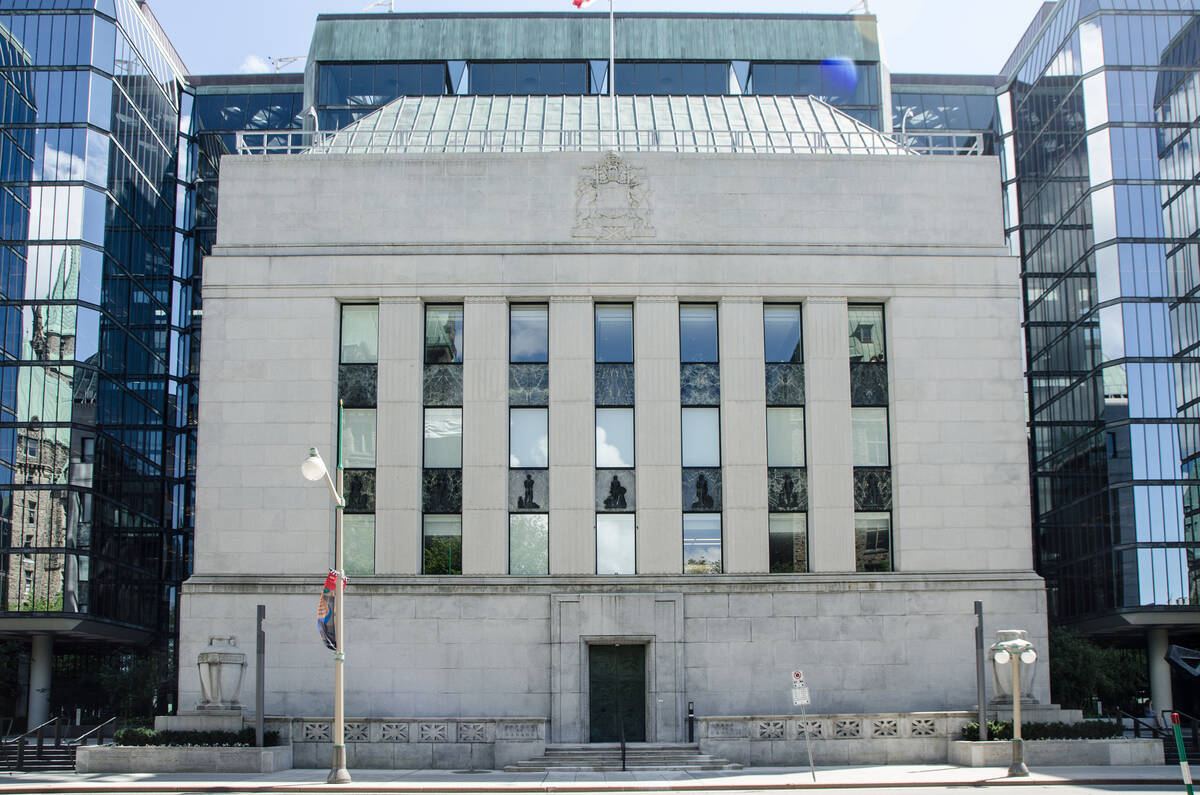MarketsFarm — ICE Futures canola contracts slid lower during the week ended Wednesday but remain stuck in a sideways trading range overall.
The January contract has held within a range from $800 to $900 per tonne for the past five months, with the market still well within that range despite losing over $50 per tonne since Wednesday last week.
Outside markets, including Malaysian palm oil and Chicago soyoil, have seen similar patterns, hitting highs then coming back down to hold within their own sideways ranges, said David Derwin, commodities investment advisor with PI Financial in Winnipeg.
Read Also

Bank of Canada expected to keep rates on hold on Wednesday
The Bank of Canada is widely expected to keep its policy interest rate on hold at 2.25 per cent on Wednesday.
While historically wide crush margins remain a supportive influence, other factors were weighing on values, including recent weakness in crude oil, he said.
“Could gravity pull canola back down to $800 (per tonne)? Sure, easily,” he said, adding “a magnet could pull it back to $900 too.”
While that $100 range is relatively wide, he noted that it was only a 12 per cent move from top to bottom, with plenty of pricing and hedging opportunities in that range.
Crush margins may be at all-time highs, but the domestic crush only accounts for about half of the demand, with canola still expensive compared to other world oilseeds, MarketsFarm analyst Mike Jubinville said, noting Australian canola was cheaper than Canadian-origin supplies right now.
However, with the latest declines, canola prices are getting down to the level where buying interest will manifest itself, according to Jubinville, noting the correction would likely come soon.
“It wouldn’t surprise me at all to see $900 (per tonne) again,” said Jubinville.
— Phil Franz-Warkentin reports for MarketsFarm from Winnipeg.
















